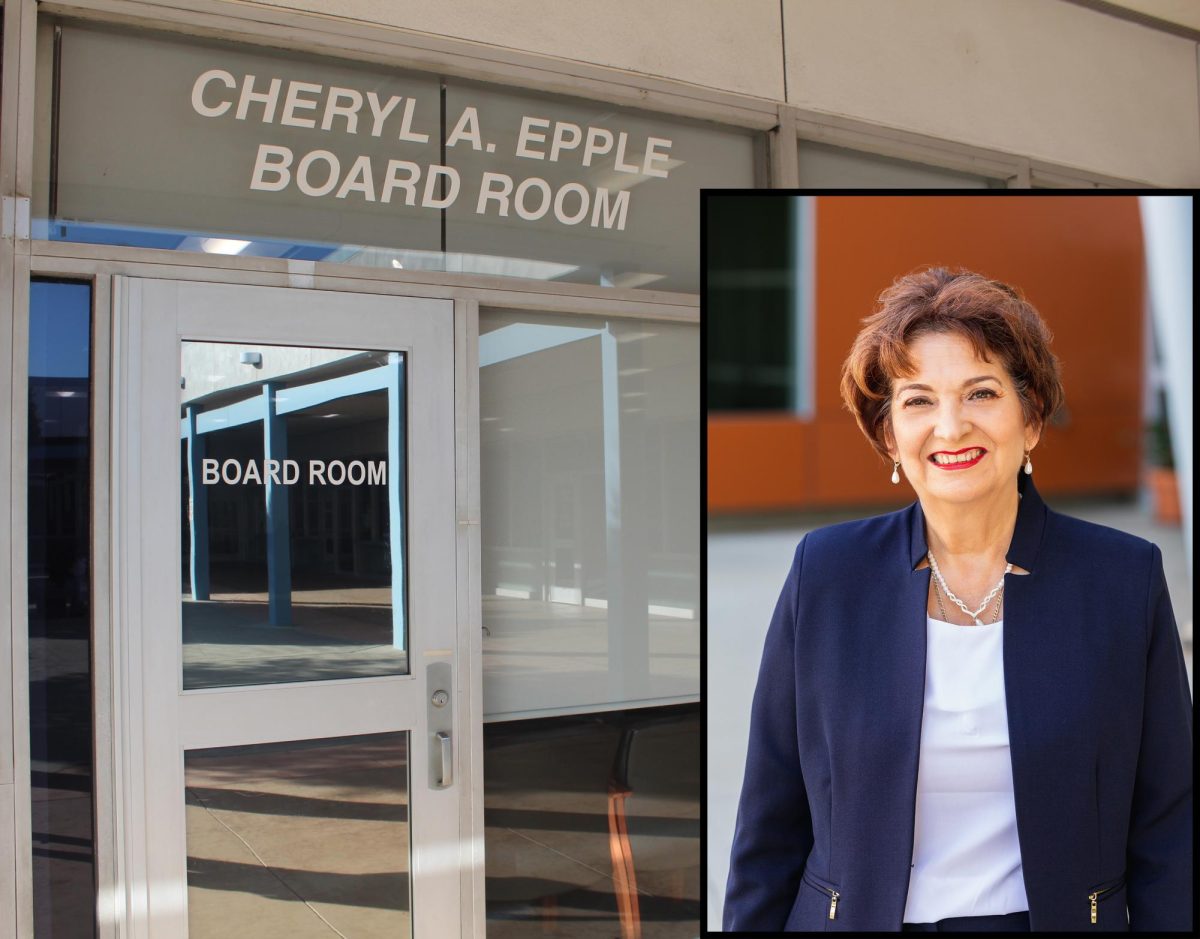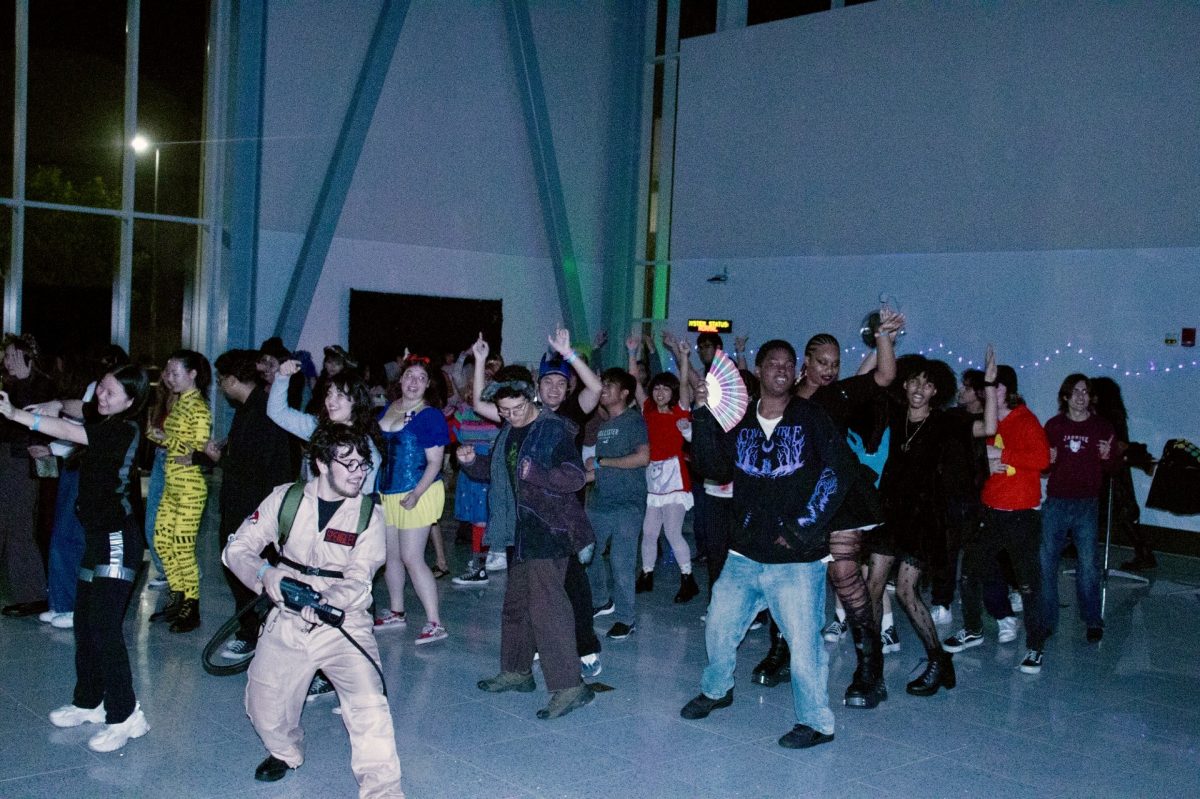The growing concern over MySpace was discussed at the ASCC Cabinet meeting on Monday.
Members of the Cabinet questioned what could be done to discontinue the use of the popular website. A ban of MySpace was first implemented in the fall of 2005; however the re-enforcement of the ban has not been hard-pressed since.
ASCC President Joe Cobarrubio said that he is looking into the possibility of setting up an agreement screen where students will have to agree not only to not access MySpace but pornography material as well.
He added that it will hopefully limit the number of students who are on the computer and make them aware of the fact that the computer should be used for educational purpose.
However, students were not sure that it would work. Adam Sandoval, undecided major, said that no matter if there is a limit or sign in that other students will continue to go on-line away.
Sandoval, continued saying that the reason he uses MySpace is to stay connected with friends.
“Besides, it is a good way and then to use a cell phone anyway,” he commented, “because paying for a cell phone bill is getting expansive.”
Jose Ortiz, undecided major, agreed.
He too says that is the only reason students use MySpace but for what he sees if a students is in dire need of a computer because it is for class then students who are on the website should log out.
Furthermore, he said what will stop students from accessing MySpace or Friendster for that matter.
But Sandoval suggests something else. “I think that there should be a section in the computer for those who truly need a computer for homework.”
ASCC for the effectiveness of the sign-in program commissioner of external affairs asked if there will be consequences for those who don’t follow the requirement of not accessing the website or pornographic material.
In addition, commissioner of student outreach, also question of there is a possibility to block the website.
Cobarrubio said that it has been thought about but at this point there is nothing much that can be done.
“There is no sense of censoring the material or in the computer because it is considered a public domain.”







